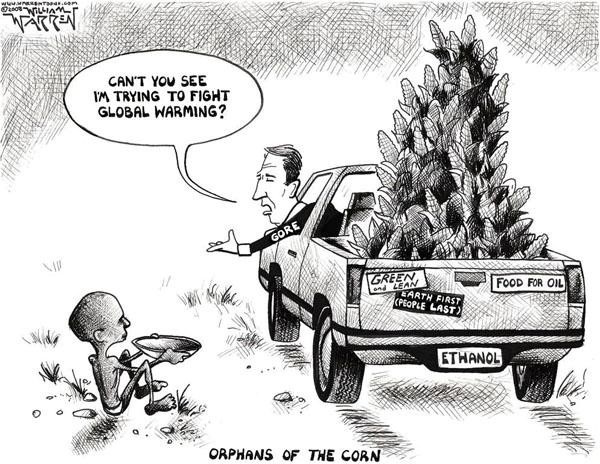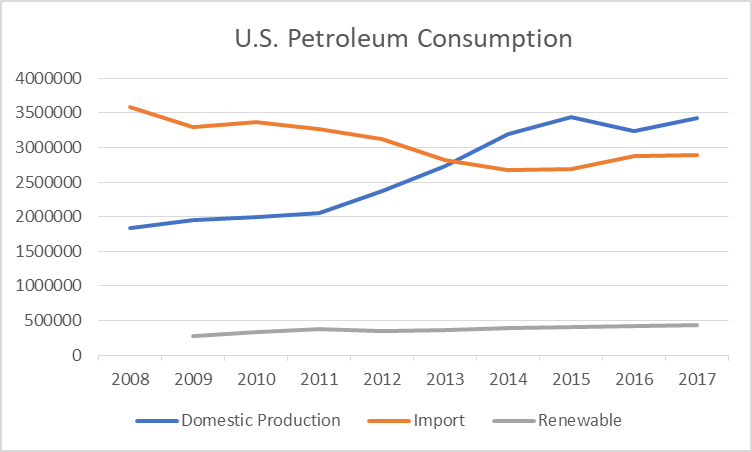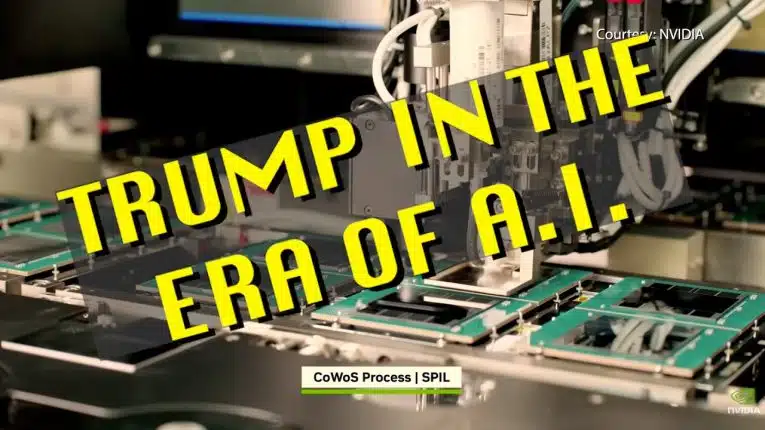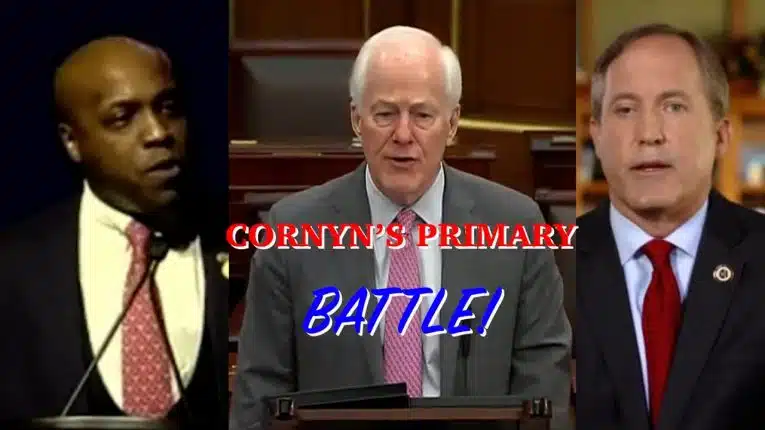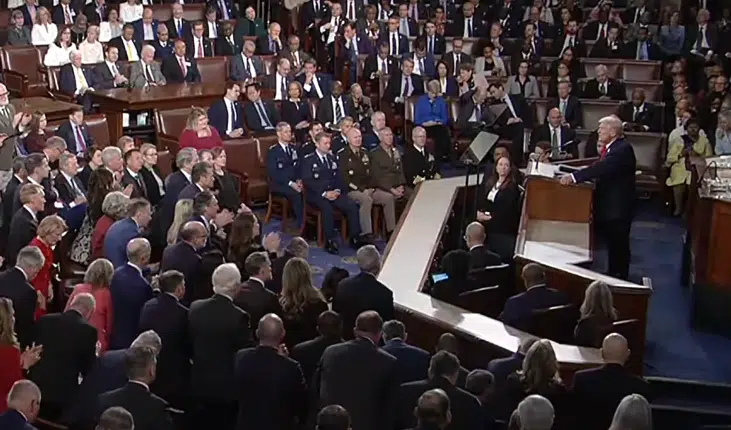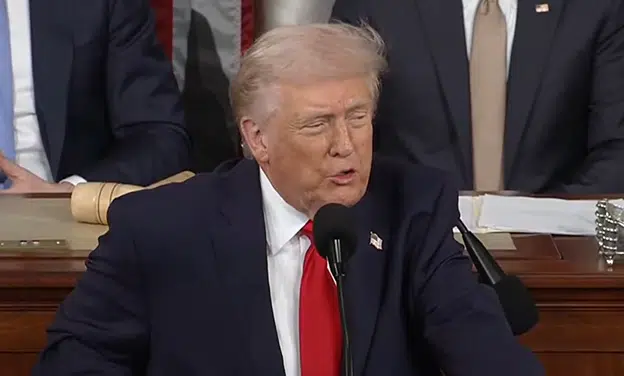By Printus LeBlanc
After Scott Pruitt resigned as EPA Administrator, the cheers from K street could be heard around the country. The lobbyist camp led the fight against Pruitt because since coming into the position, Pruitt set his sights on one of the biggest sacred cows in D.C., the Renewable Fuel Standard (RFS). Just because he is gone, that doesn’t mean the fight over the RFS should end.
The RFS was created in 2005 as a result of the Energy Policy Act of 2005. The RFS mandates a certain amount of renewable fuel is blended with gasoline. The renewable fuel is mostly corn ethanol.
The regulation was further updated in 2007 with the Energy Independence and Security Act of 2007 (EISA). This bill was another gift to the renewable fuel industry as it increased the amount of renewable fuel to be blended. EISA had the goal of increasing the amount of renewable fuel by well over 300 percent from 11.1 billion gallons in 2009 to 36 billion gallons in 2022. A windfall for King Corn.
However, when Scott Pruitt came to the swamp, he sought to change the RFS. Pruitt knew the RFS did not do what it promised and was nothing more than the Obamacare mandate for the energy industry.
The RFS was intended to reduce U.S. dependence on foreign oil and reduce the number of pollutants released into the environment. When looking at the data the U.S. is less dependent on foreign oil and pollutants have been reduced, but it has nothing to do with the RFS. In fact, a study released in 2014 showed corn ethanol actually did more damage to the quality of the air than regular gasoline.
Proceedings of the National Academy of Sciences of the United States of America released a report titled, “Life cycle air quality impacts of conventional and alternative light-duty transportation in the United States.” The scientific report came to some startling conclusions. The report stated, “Scenarios with substantially decreased air quality-related health impacts compared with gasoline include gasoline hybrid vehicles (30% decrease) and EVs powered by natural gas or by WWS (50% and 70% decrease, respectively); scenarios with substantially higher damages than gasoline include corn ethanol (80% increase).”
Wasn’t the purpose of the RFS to reduce the pollutants in the air? How is that possible if it is almost twice as bad as gasoline?
Ask anyone in the energy industry, and it will become clear quickly the RFS also had nothing to do with the reduction of foreign oil imports either. That miracle was thanks to fracking. Data from the U.S. Energy Information Agency (EIA) clearly shows the introduction of fracking had more to do with the reduction in imported oil than anything else.
It gets worse for the RFS. Not only does it not reduce foreign dependence on oil, but it also reduces fuel economy, causing more consumption of petroleum. A quick search of the EIA website and any researcher can find the agency admitting the RFS does not do what it is advertised to do. The EIA states, “The energy content of ethanol is about 33 percent less than pure gasoline. The impact of fuel ethanol on vehicle fuel economy varies depending on the amount of denaturant that is added to the ethanol. The energy content of denaturant is about equal to the energy content of pure gasoline. In general, vehicle fuel economy may decrease by about 3 percent when using E10 relative to gasoline that does not contain fuel ethanol.”
Ok, so the RFS is not as advertised. At least the taxpayers are saving money, right?
No, not even close. Aside from the billions in subsidies from the farm bill, the RFS adds additional costs to fuel prices. A 2014 study by the Congressional Budget Office found the RFS adds between $0.13 and $0.26 per gallon of regular gasoline and $0.30 to $0.51 for diesel.
Considering in 2017 the U.S. consumed about 142.85 billion gallons of gasoline, according to the EIA, the RFS forced Americans to spend at least an extra $18.57 billion.
The utter failure that is the RFS is in place for two reasons and only two reasons. The first is money. King Corn spends millions on lobbying in D.C., and the second and probably most important is the Iowa primary. Almost no politician that wants to be President has the desire to tackle King Corn in its backyard with momentum in the Presidential nomination at stake. However, the evidence is overwhelming that the RFS does not help the environment, does not increase fuel efficiency, and does not reduce foreign dependence on oil. It does one thing and one thing only, transfer wealth. It is time to end the Obamacare of the energy industry.
Printus LeBlanc is the Legislative Director at Americans for Limited Government.


